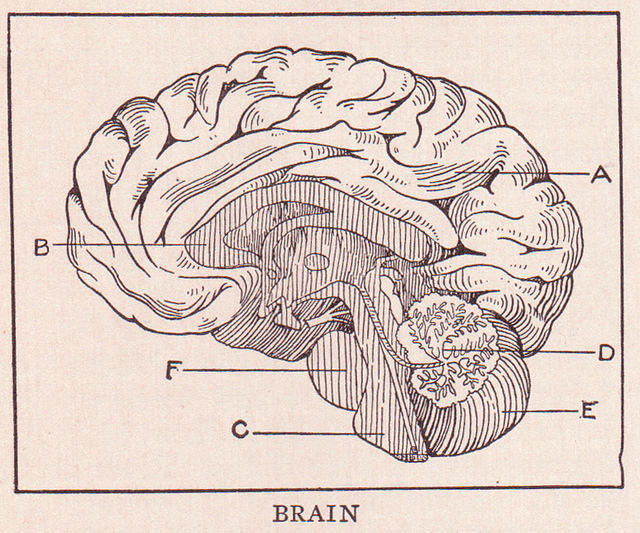Here is Handout 5: The Timeline
You will also get a hard copy in class on Tuesday

Here is Handout 5: The Timeline
You will also get a hard copy in class on Tuesday
This “planning sheet” is organized as an outline more than the previous planning sheets.
TELLING OUR STORIES
https://openlab.citytech.cuny.edu/fylc/writing-as-reflection/
The following prompt is not required for our course. If you do choose to take this opportunity, your grade will replace one of our two in-class Reading Quizzes. To get credit, you must post on this FYLC site and comment on two other students’ posts.
It’s mid-semester! We invite you to continue telling your story about becoming a college student at City Tech. Research has shown that first-semester students often worry about their transition in to college and how, eventually, students become comfortable and find a community of people with whom they are close and feel they belong.
Please describe how you have experienced your first months at City Tech. Aim to write 300-500 words and be sure to illustrate your post with examples from your own experiences in classes, seminars, lectures, study groups, and labs. What happened? How did you and others involved think and feel? How did it turn out?
We hope this process will help you think about your transition experience. Once you have posted your own story, please take time to read and comment on at least two of your peers’ stories.
DIRECTIONS:
(REQUIRED) DUE: Tuesday, Nov. 7
https://openlab.citytech.cuny.edu/brain-on-the-page-fall-2017/
On our class OpenLab site, reflect on your experience in this class; specifically reflect on what you have learned about writing. Your post should address all of the questions below and should be at least one paragraph long.
DIRECTIONS:To create your second post, click the plus (+) sign at the top of the course page and select “add new” post from the dashboard. Write and then hit “Publish.” Here is the link again: https://openlab.citytech.cuny.edu/brain-on-the-page-fall-2017/
College writing is a bit more precise than usual writing standards. Arranging paragraphs in a structural manner which include a proper topic sentence or being able to write sentences in the correct form is good but enough. Academic writing requires a certain type of format and depth. Balancing your personal viewpoint with the opinion of others to reason and analyze research is one aspect of college writing. Stating a clear and powerful thesis statement throughout the writing and most importantly convincing the reader with personal perspective and legit facts is also an essential factor. I have learned many new factors of academic writing such as transitional sentences, rhetorical strategies, critical writing, and MLA formatting. The use of my rhetorical techniques has improved which has helped me in developing a writer’s sense and creating a firm argument thoroughly. Transitional sentences are complex and hard to write, and I have struggled with writing proper transitional sentences, but once you get used to writing a lot, transitional sentences become interesting to write. I prefer to write narrative essays over research essays. Research essays are mainly fact based which is why I find them tedious and extensive. Whereas narrative essays are more creative and allow the writer to have more freedom with words. College writing in general influences a person to take control of what others are thinking in words and dominating that.
Here is the Interview Assignment distributed in class on Tuesday, Oct. 31. The typed transcript is due on November 7!
In this essay, we will look primarily at the section on interviewing as a means of conducting primary research that will offer your unique contribution to a subject and will prove meaningful if done with integrity. This article by Dana Lynn Driscoll appears in Writing Spaces: Readings on Writing, Volume 2. (2011)
This work is licensed under the Creative Commons Attribution- Noncommercial-ShareAlike 3.0 United States License and is subject to the Writing Spaces’ Terms of Use. To view a copy of this license, visit http:// creativecommons.org/licenses/by-nc-sa/3.0/us/ or send a letter to Creative Commons, 171 Second Street, Suite 300, San Francisco, California, 94105, USA. To view the Writing Spaces’ Terms of Use, visit http://writingspaces. org/terms-of-use.
We will look at the following resources in class:
General tips for conducting productive interviews:
https://owl.english.purdue.edu/owl/resource/559/04/
Tips for writing better interview questions:
https://owl.english.purdue.edu/owl/resource/559/06/
These resources from the Purdue University Online Writing Lab (OWL) offer tips for ethical interviewing and tips for setting up and starting your interviews. We will also practice interviewing skills in class!
Here is our course link about activating your New York Times subscription. You must use your City Tech email address. This is a free service to our students. Do not pay for a subscription; if you hit a pay wall, it means you have not gone through the activation properly.
https://openlab.citytech.cuny.edu/brain-on-the-page-fall-2017/first-semester-information/how-to-activate-your-nyt-subscription/